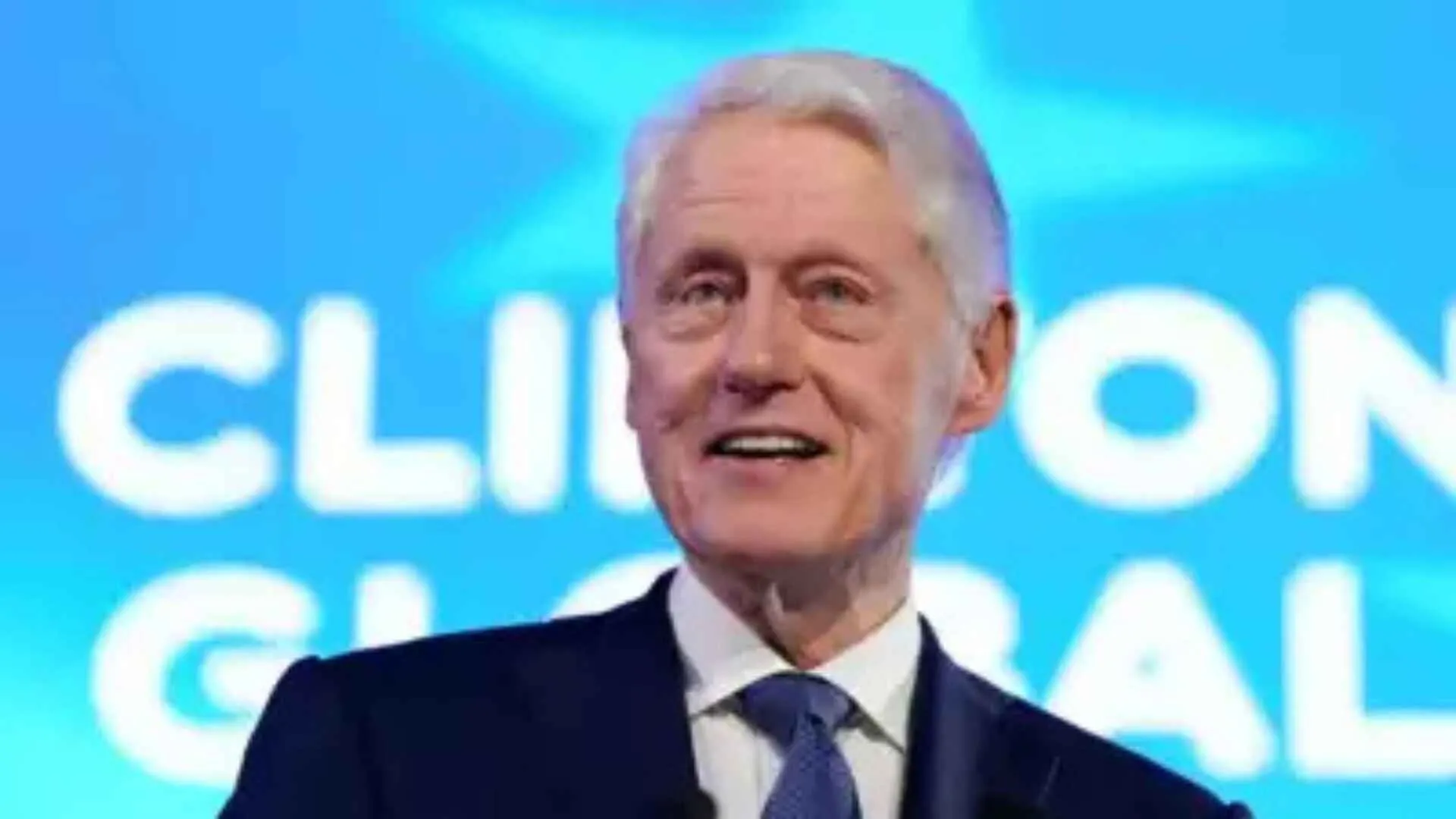In a candid admission, former Delhi Chief Minister Arvind Kejriwal acknowledged that he had failed to fulfill three major promises from the 2020 elections. These promises included cleaning the Yamuna river, ensuring clean tap water for every household, and upgrading Delhi’s roads to European standards.
Kejriwal attributed his inability to deliver on these commitments to two primary factors: the Covid-19 pandemic and the imprisonment of AAP leaders, including himself, in connection with legal issues. He explained that the first three years were consumed by the pandemic, and subsequent years saw key members jailed in what he described as “fake cases.”
Despite these setbacks, Kejriwal assured voters that his government now has a comprehensive plan and sufficient funds to achieve these goals. He urged for re-election, promising to fulfill these tasks in the next term. “Give me another chance, and I will complete these works in the next five years,” he said.
Kejriwal also highlighted the AAP government’s accomplishments, noting that for the first time in 75 years, poor children had access to quality education, and citizens had access to better healthcare. “We have provided 24-hour electricity to everyone, and our government has brought hope to the country,” he added.
However, BJP leader Amit Malviya sharply criticized Kejriwal’s repeated unfulfilled promises. Malviya questioned why Kejriwal, who cited the pandemic and legal issues as reasons for delays, was able to build his “Sheesh Mahal” during the peak of Covid-19. He also pointed out that the BJP completed major projects, such as the new Parliament building and Kartavya Path, during the same period.
Malviya took to Twitter to express his disapproval: “Kejriwal claims he couldn’t deliver due to Covid and legal cases, but during the pandemic, he constructed his ‘sheesh mahal’. Meanwhile, the BJP completed major projects like the new Parliament building.”
Malviya also alleged that Kejriwal’s administration focused more on personal luxuries and illegal activities than governance, stating, “In the last five years, Arvind Kejriwal built a Sheesh Mahal for himself and distributed liquor illegally, leading to the imprisonment of him and his ministers. Families were devastated, Delhi suffered, and yet Kejriwal asks for another chance.”
In 2020, Kejriwal had pledged to clean the Yamuna river by 2025, warning voters not to support his party if the promise remained unmet. He made a similar pledge this time and promised to increase the Rs 1,000 monthly allowance for women in Delhi to Rs 2,100 if re-elected.
Meanwhile, Delhi Chief Minister Atishi announced that registration for the AAP’s scheme to provide Rs 1,000 to women in the city will begin within a week.
LK Advani’s Political Legacy
Lal Krishna Advani, who has faced ongoing health challenges, has been hospitalized multiple times this year. He was admitted to Apollo in July shortly after being discharged from AIIMS.
Born on November 8, 1927, in Karachi (now Pakistan), Advani began his political career in 1942 with the Rashtriya Swayamsevak Sangh (RSS) and later joined the Bharatiya Jana Sangh (BJS) in 1951. He co-founded the Bharatiya Janata Party (BJP) in 1980 alongside Atal Bihari Vajpayee and played a crucial role in shaping its ideology.
A key moment in Advani’s political career was his leadership in the Ram Janmabhoomi movement, particularly the 1990 Rath Yatra advocating for the construction of a Ram temple in Ayodhya. His efforts galvanized Hindu nationalist sentiments and established him as a prominent leader.
Advani served as Deputy Prime Minister from 2002 to 2004 under Prime Minister Atal Bihari Vajpayee.














